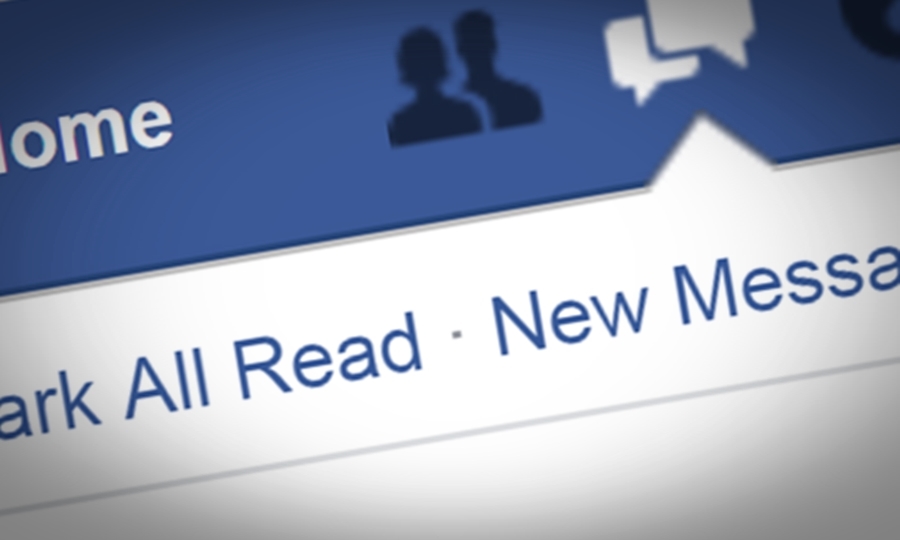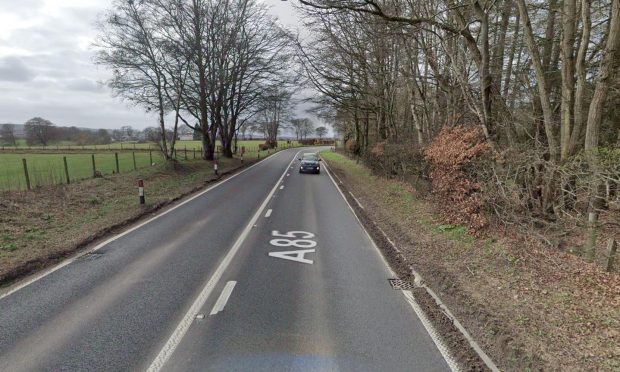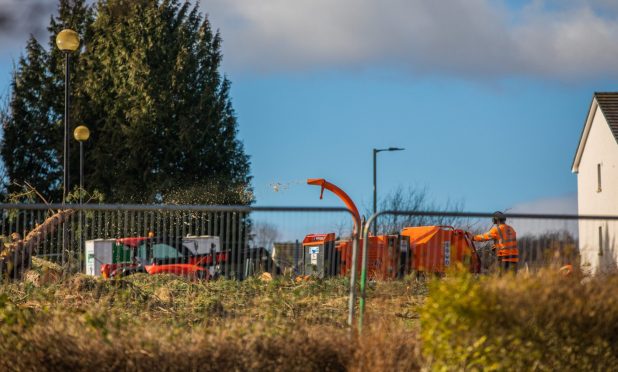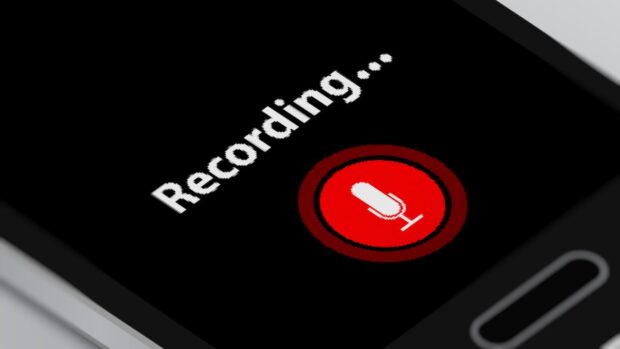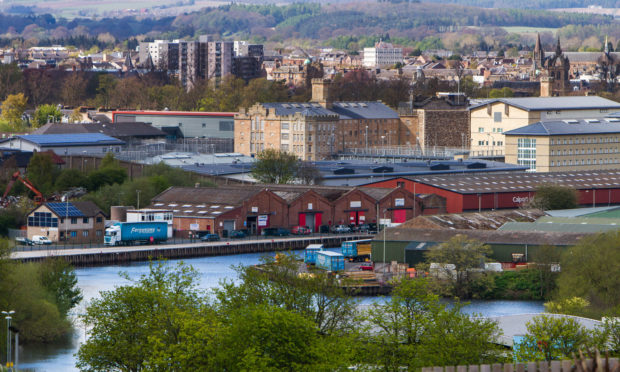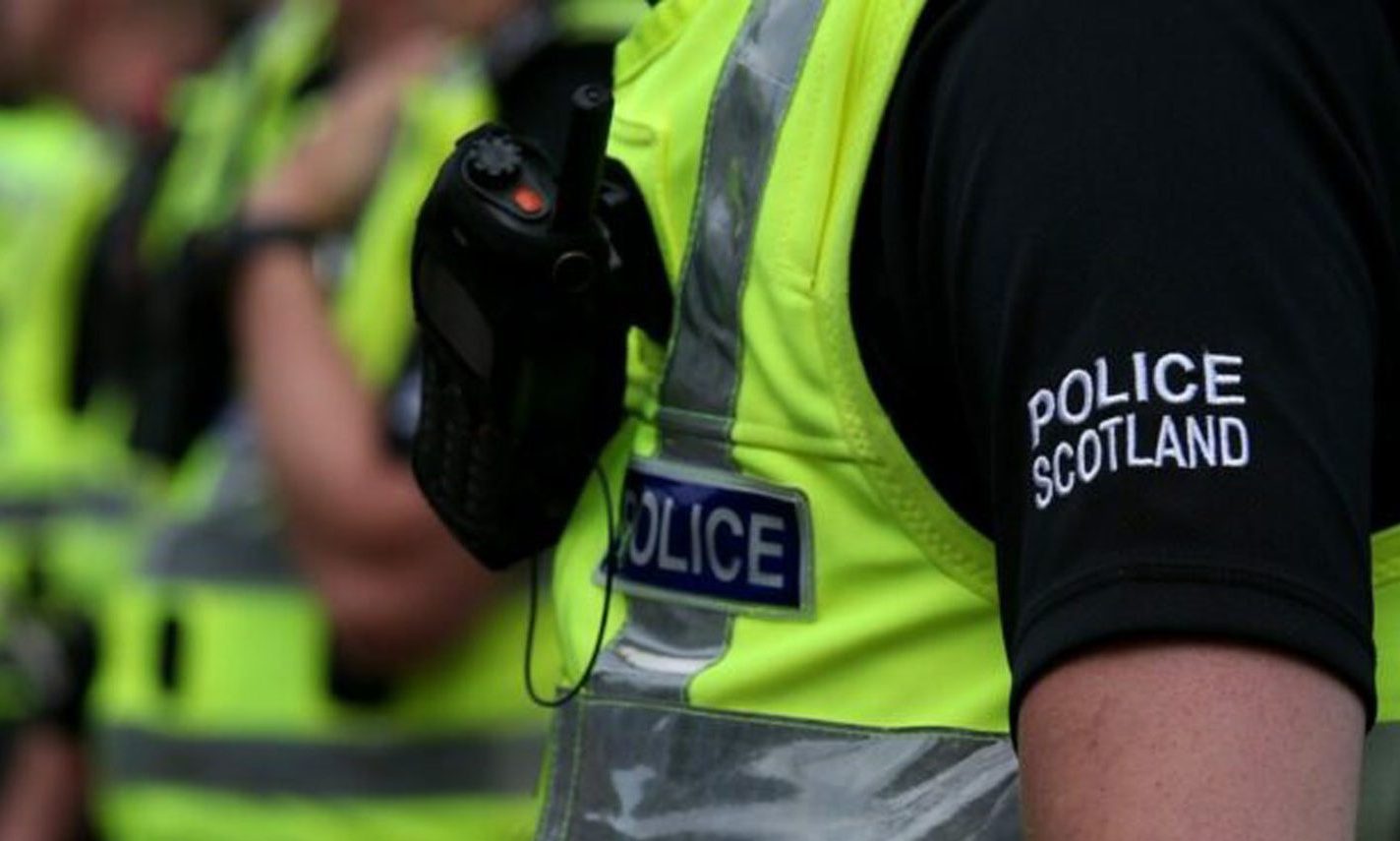Rev Scott Burton made history this weekend by becoming the first Church of Scotland minister to officially open a festival celebrating LGBTQ rights.
He used the occasion to apologise for the Kirk’s historically hateful attitude towards the community, and pressed the message that love can conquer all.
It was a brave and poignant moment in Scotland’s age-old fight for equality, and Rev Burton was rightly applauded for his words.
But in his speech, he explained how he had been “unfriended” on Facebook after daring to share his enthusiasm for Perthshire Pride.
“Your stance is an expression of hatred to God,” he was told by one social media user.
It shows that these old, hurtful attitudes still exist, and emphasises why positive, colourful events like Pride – both a protest and a celebration – are still so important.
Social media might give someone the opportunity to have a pop at their local minister – call him “fake” and dismiss an entire community as “filthy” – while hiding behind a keyboard, but it can also help change attitudes at a head-spinning speed.
The likes of Facebook and Twitter come in for a lot of criticism, often rightly so.
They give internet trolls a bigger platform to spout their nonsense and are largely responsible for the fact that we can no longer publicly declare “I hate Nazis” without being accused of being politically insensitive.
But they deserve some credit for helping bury old stigmas and out-dated perceptions.
Yes, they give a voice to mischief-makers and state-controlled robots, but they also give a voice to the marginalised members of society and that can be a great thing.
Debates on social media might seem as pointless as asking a dog to dress itself, but it can lead to barriers being broken down.
Sometimes ugly incidents can lead to positive change. For example: The 2008 version of Celebrity Big Brother (bear with me, here).
You might remember how the Channel 4 show, broadcast at a time when social media was in its infancy, saw Bollywood star Shilpa Shetty subjected to, what appeared to be, racist bullying.
It was car crash television at its car crashiest, and genuinely difficult to watch.
But the silver lining was that it sparked a national debate on racism. It showed how phrases that some thought were harmless or humorous, were actually anything but.
It may have been a lightweight reality show, but for a lot of people in the UK it served as an important lesson or reminder about what racism actually was.
Likewise, many may dismiss social media as a lightweight time-waster. But if you rise above the trolls, it can be a hugely positive catalyst for change.
